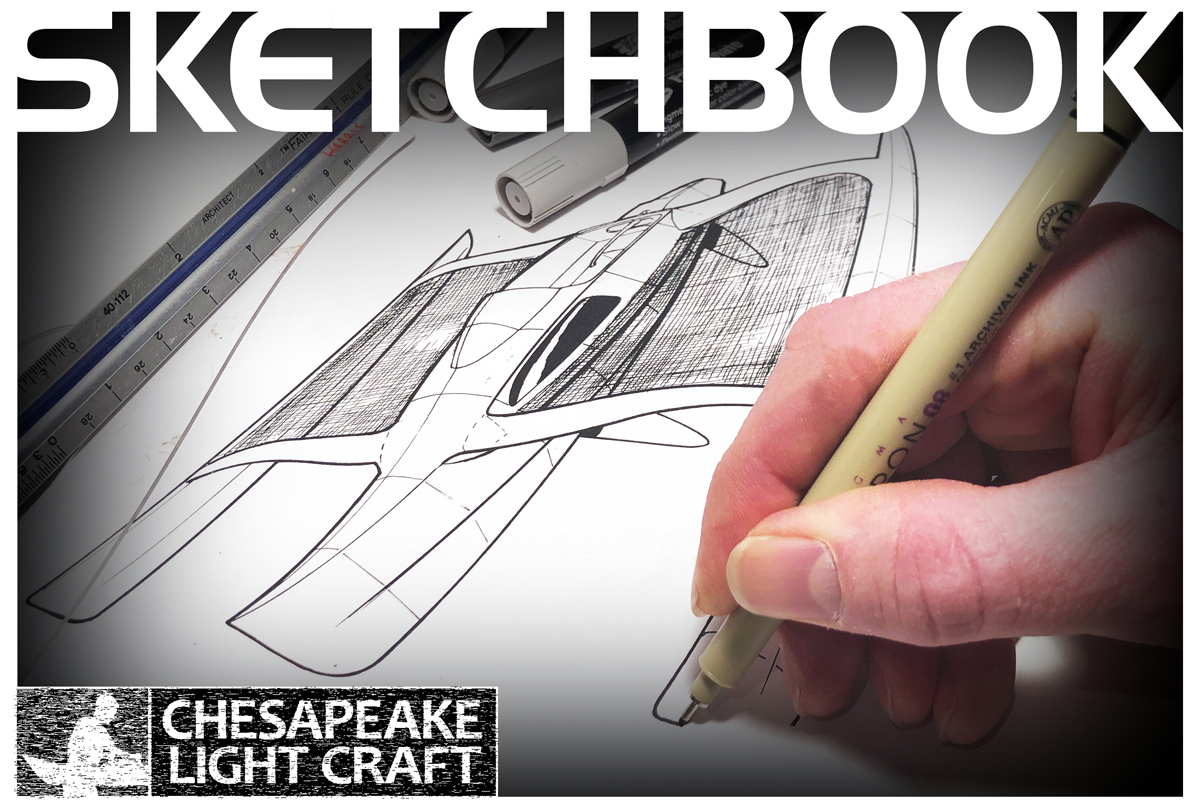Builders' Forum Archives |
Here I Am!
Posted by Kurt Maurer on Aug 6, 2004
Frank, I like what I've heard the others say, especially Charlie, since the library has all the books I ever read on the subject.
Kurt Loup's book is probably great; I haven't seen it, but it's right along the lines of what I look for. The books I *practically* own are a compendium of joinery diagrams, probably something like "The Complete Handbook of Woodworker's Joinery", and "The Complete Table Saw Handbook" (or whatever it's called). Also check out anything regarding shop made jigs and fixtures. Tool-specific books for bandsaws, routers, etc., are always highly worthwhile reading.
Subscribe to a woodworking magazine; buy several and choose your favorite(s). I subscribe to Better Homes & Gardens "Wood" magazine. Of course I also take a couple trade publications, but they wouldn't help a beginner much, if at all.
The best way to teach yourself fine woodworking, in my opinion, is to make boxes. Yes, boxes. They require little in the way of expensive materials, the parts and assemblies are easily managed, are friendly to beginner's grade toolage, are easy to finish, and can take all sorts of forms including simple cabinets, small chests, jewelry boxes, tool cases, carry-cases, etc. The end products are often extremely useful, and make great gifts. A decent box requires a surprising amount of precision to make nicely, and presents plenty of challenges in the way of joinery since they can be as simple, or as complex, as you wish to make 'em. If you want inspiration for making cool boxes, just visit the local funeral home and take a look at a few caskets. Really! They sport all kinds of great trim - and upholstery - you can easily duplicate at home.
Another great way to learn basic woodworking is by outfitting your shop with furniture and fixtures. Build a workbench; a tool stand or two; low, and high, work stools; hang some shop cabinets and tool lockers. It's all good, highly useful stuff that can own mistakes without sorrow. You'll also learn how to build things strong!
Lots of high quality tools always make things easier, but are rarely necessary. I never owned a jointer 'til recently, but now that I have it I scarcely know how I managed before. But the essentials are a good quality belt-driven table saw. Delta, Jet and Grizzly make good stuff at reasonable prices; but whatever you choose, do not scrimp here (and avoid the temptation to get off easy by going straight to Sears)! Get a drill press and a router. A bandsaw is also a tool that will see lots of use, and a cheap one will do as long as it is a two-wheeler. Even a small benchtop bandsaw is worthwhile, especially if you have a handheld jigsaw to help it along. In fact, I'd recommend putting some cash into a Bosch jigsaw. A cordless drill-driver is a must, but 14.4 volts is plenty of oomph. And finally, the tool I love best in my shop is -- drum roll, please -- the stationary belt sander! The Delta 4"x36" w/ 6" disk benchtop model is likely the finest power tool value bar nothing at about $100. You will use it often, and forever. I've got the 6x48 now, but still use its little brother all the time.
How dat?
Cheers, Kurt
In Response to: Visit your library by CharlieJ on Aug 5, 2004
Replies:
- Re: Here I Am! by FrankP on Aug 6, 2004
-
Re: Here I Am! by Kurt Loup on Aug 6, 2004
- Re: Here I Am! by FrankP on Aug 6, 2004
- Re: Here I Am! by Bill Cooke on Aug 6, 2004
- Re: Here I Am! by Kurt Maurer on Aug 7, 2004
- Re: Here I Am! by Bill Cooke on Aug 6, 2004
- Re: Here I Am! by FrankP on Aug 6, 2004
-
Re: Here I Am! by Kurt Loup on Aug 6, 2004












